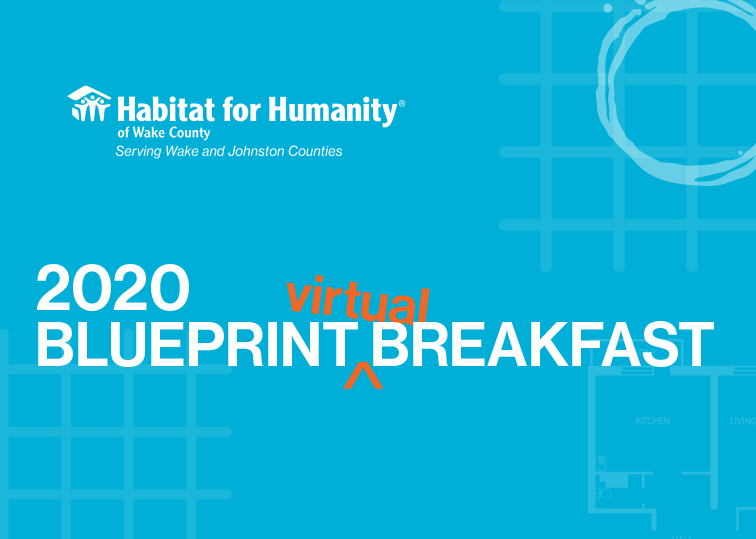By now, most have read the best practices for hygiene, cleaning, and limiting exposure to COVID-19 through remote working where possible and urging ill employees to stay home.
York’s Property Management team has been in contact with the Institute of Real Estate Management (IREM) and the North Carolina Department of Health and Human Services (DHHS) to formulate a common-sense approach to COVID-19. If, on the off chance, your business has had contact with an active, confirmed COVID-19 case, please follow the protocol below.
- Inform the North Carolina Department for Health and Human Services at 919-856-7044 who will help track down others exposed to the sick person.
- Inform your property manager who can notify tenants and building service providers.
- Undertake a deep cleaning of your space. Your York Property Managers will do the same for common areas and can provide recommendations for janitorial services if needed.
Concerned you may be sick? Please read here for information on where to get tested.
Our objectives are to help you:
- Minimize the impact on your customers, owners, and investors.
- Maintain business operations.
- Be your calm and controlled adviser.
Don’t hesitate to contact us.









